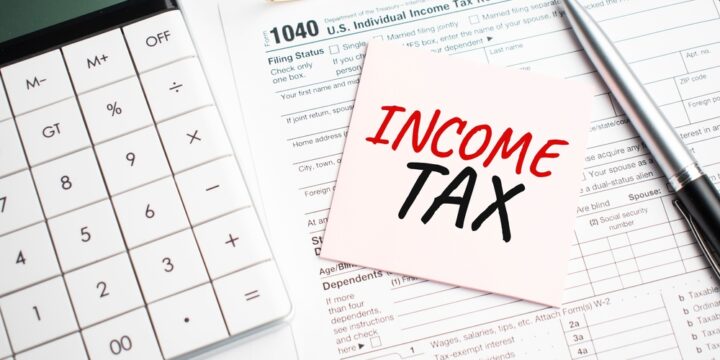
Given the Way the U.S.- Cyprus Income Tax Treaty’s LOB is Drafted, Does it Really Matter if the U.S.- Russia Income Tax Treaty is Canceled?
By Anthony Diosdi Recently the U.S. Senate Foreign Relations Committee has proposed to review the U.S.- Russia Income Tax Treaty. This has sparked speculation that the United States may unilaterally revoke the treaty. This would not be the first time that tax policy has been weaponized for foreign policy objectives. However, it is very rare that the U.S. would withdraw from a tax treaty. The few cases are significant. For example, Democrats and Republicans came together in Congress to end the U.S.- South Africa Income Tax Treaty in 1987 as part of raising international pressure on the South African government over aparteid. The U.S. and South Africa did not enter into another bilateral tax treaty until 1997. See ITR, This week in tax: Russian tax treaties in doubt? (March 11,…








